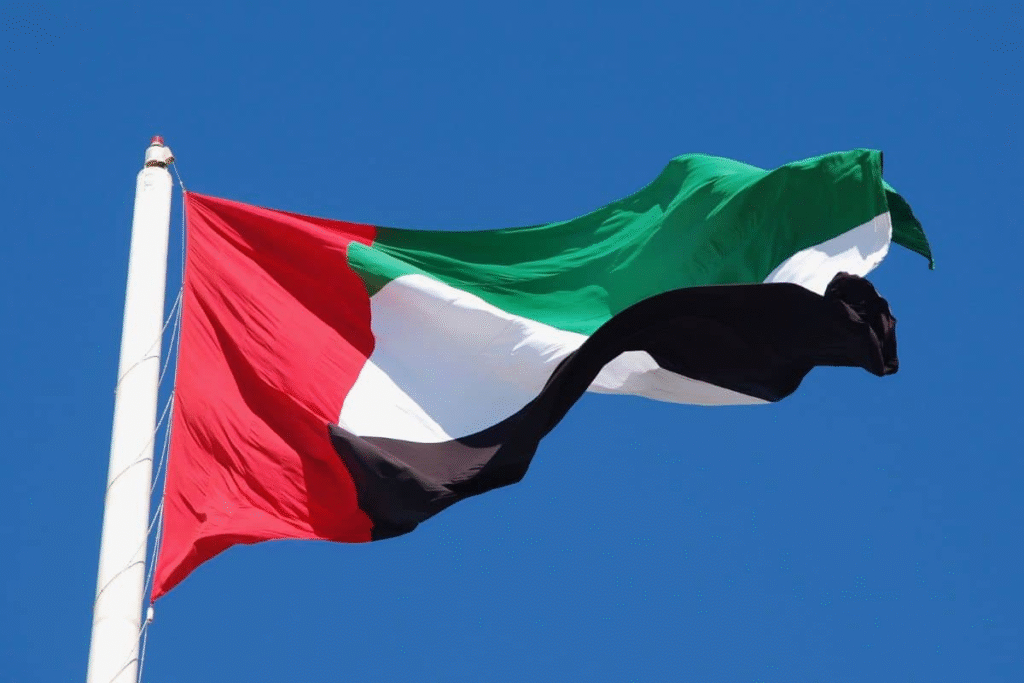
The United Arab Emirates (UAE) has emerged as a leading global investment destination, driven by a series of strategic visa reforms aimed at attracting and retaining international talent and capital. These initiatives have significantly enhanced investor confidence, positioning the UAE as a competitive hub for business and innovation.

Golden Visa Expansion
The UAE’s Golden Visa program, introduced in 2019, offers long-term residency to investors, entrepreneurs, and skilled professionals. Recent expansions have broadened eligibility criteria, allowing more individuals to benefit from this initiative. The 10-year residency provides stability and encourages long-term investment in various sectors, including real estate, technology, and finance.
Green Visa Introduction
Complementing the Golden Visa, the Green Visa targets skilled workers, freelancers, and investors. This five-year residency option focuses on attracting talent in emerging industries, fostering a diverse and dynamic workforce that can drive innovation and economic growth.
90-Day Multiple-Entry Visa
In 2025, the UAE introduced a 90-day multiple-entry visa without the need for a local sponsor. This flexible visa option facilitates easier access for business professionals and investors, promoting increased mobility and engagement with the UAE’s market opportunities.

Governments worldwide are increasingly turning to visa reforms as a strategic tool to attract foreign investment and enhance investor confidence. By streamlining entry processes, offering dedicated investor visa categories, and signaling a welcoming environment, countries aim to stimulate economic growth, attract skilled talent, and foster innovation. These reforms generally focus on reducing bureaucratic hurdles, increasing transparency, and, in many cases, targeting investments in specific strategic sectors.1
The core principle behind this strategy is that a more accessible and predictable visa regime makes a country a more attractive destination for foreign capital. When investors, their families, and key personnel can easily enter, reside, and manage their ventures, it significantly lowers the operational friction and uncertainty associated with international investments.

Several nations have recently implemented or are considering significant visa reforms aimed at bolstering investor confidence:
While visa reforms can be a powerful tool, they also come with challenges. Governments must balance the desire to attract investment with the need to maintain national security, ensure the legitimacy of funds, and demonstrate tangible economic benefits beyond simply “selling” residency. The effectiveness of visa reforms can also be influenced by a country’s broader economic policies, political stability, and overall business environment.
Nevertheless, the global trend indicates a growing recognition of visa policy as an integral part of a nation’s economic toolkit, with well-designed reforms playing a crucial role in fostering a climate of confidence for international investors.
The UAE’s visa reforms have been instrumental in boosting Foreign Direct Investment (FDI). The National Investment Strategy 2031 aims to increase annual FDI inflows from AED 112 billion in 2023 to AED 240 billion by 2031. This ambitious goal is supported by the introduction of 12 new programs and 30 initiatives designed to attract investment in key sectors such as industry, logistics, financial services, renewable energy, and information technology.
The introduction of long-term residency options has had a profound impact on the UAE’s real estate market. Investors are increasingly purchasing properties as a means to secure residency, leading to a surge in demand. In the first half of 2023, property sales in Dubai reached record highs, with total transactions soaring by over 80% compared to the previous year. This trend underscores the growing confidence in the UAE’s real estate sector, driven by favorable visa policies.
Beyond attracting investment, the UAE’s visa reforms contribute to broader economic diversification and growth. By facilitating the influx of skilled professionals and entrepreneurs, these policies enhance the country’s human capital, driving innovation and competitiveness. Additionally, the reforms align with the UAE’s Vision 2031, which seeks to position the nation among the top 10 global destinations for FDI by 2030.
The UAE’s strategic visa reforms have significantly bolstered investor confidence, attracting global talent and capital across various sectors. These initiatives not only enhance the country’s appeal as an investment destination but also contribute to its broader economic objectives. As the UAE continues to implement and expand these reforms, it is poised to maintain its position as a leading global hub for business and innovation.
LEARN MORE: Dubai 2040 Urban Master Plan: A Vision for Sustainable Growth and Innovation
